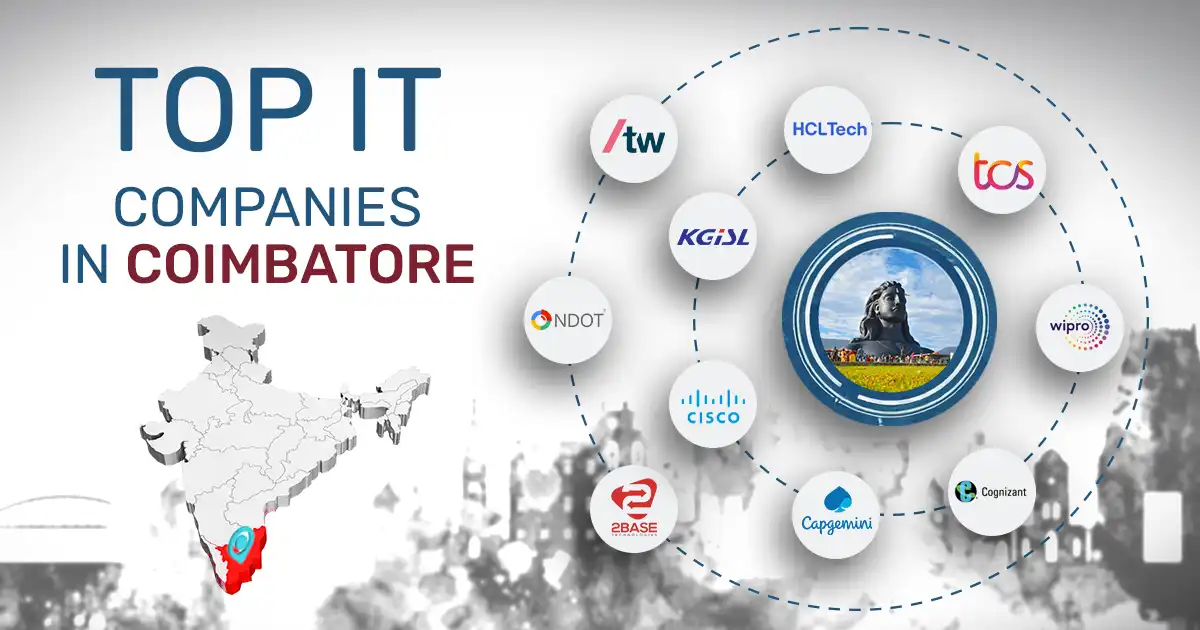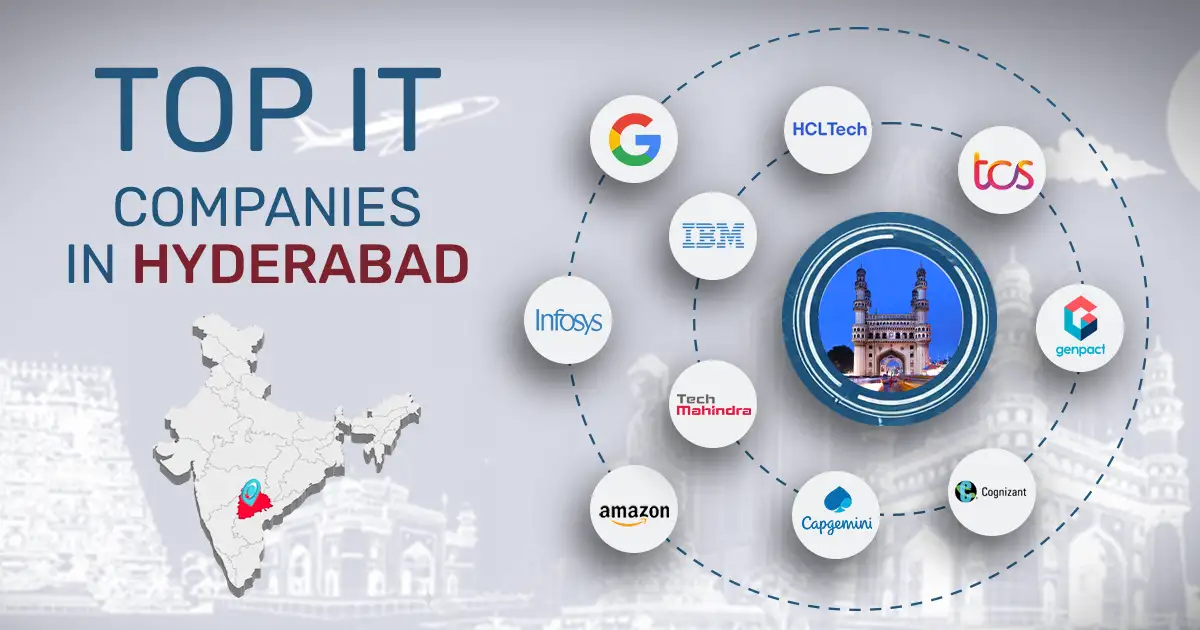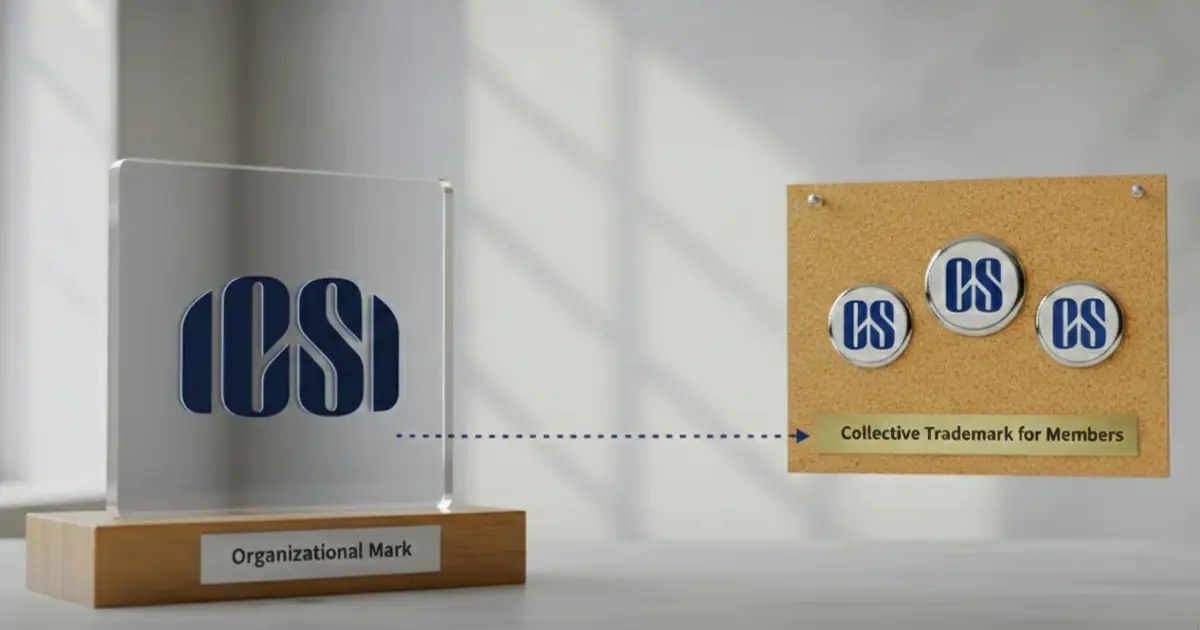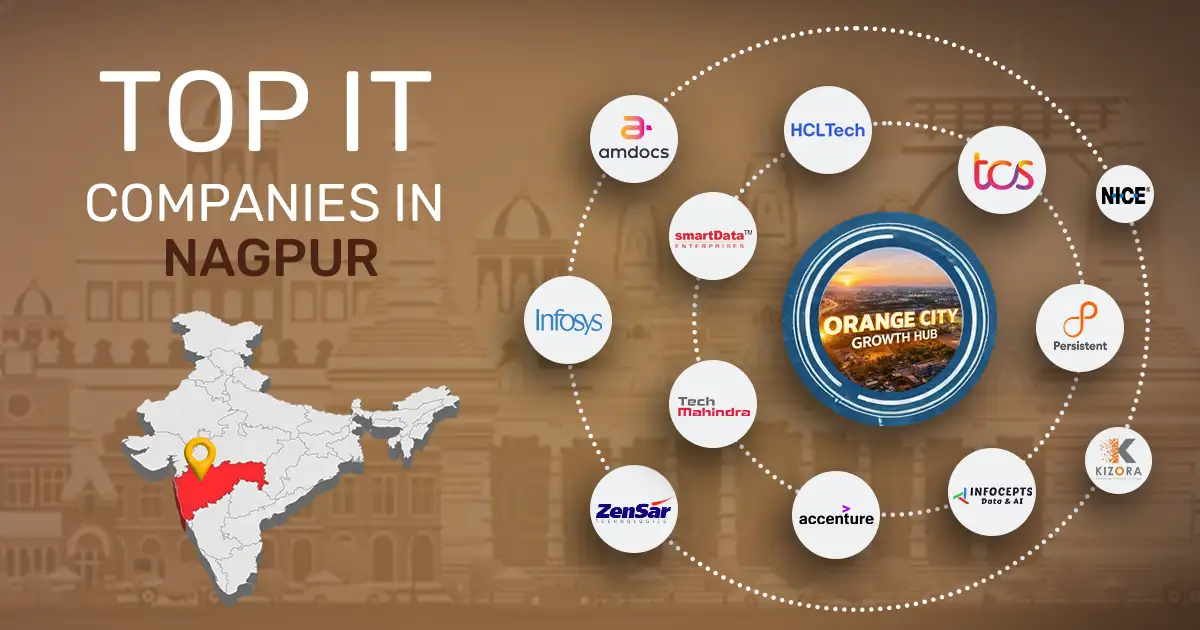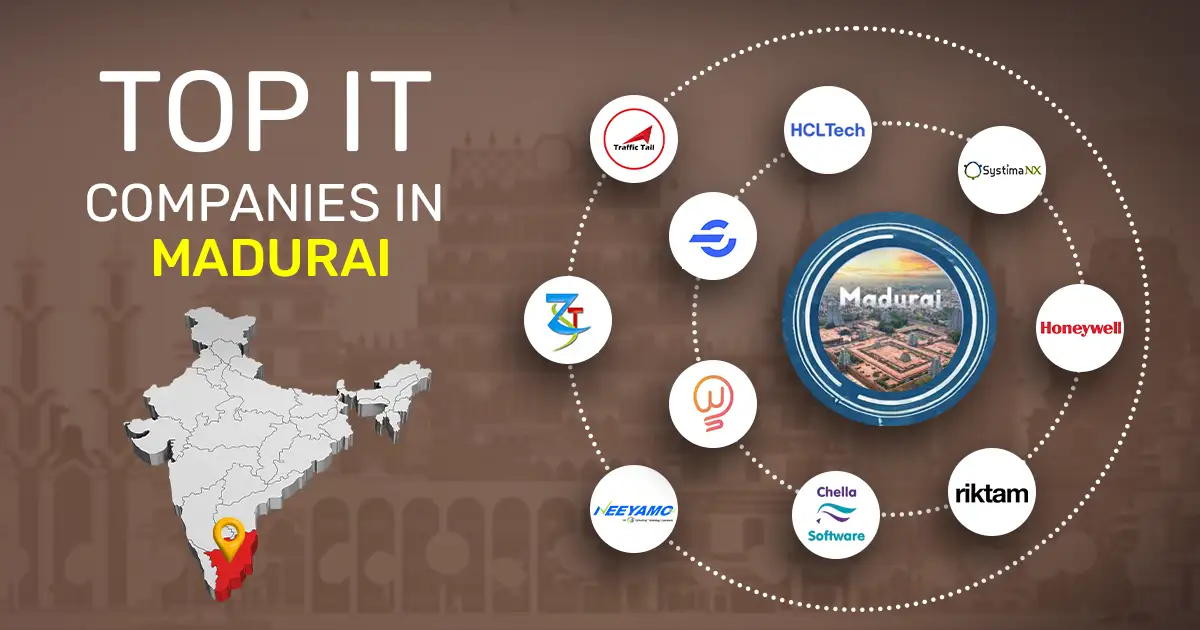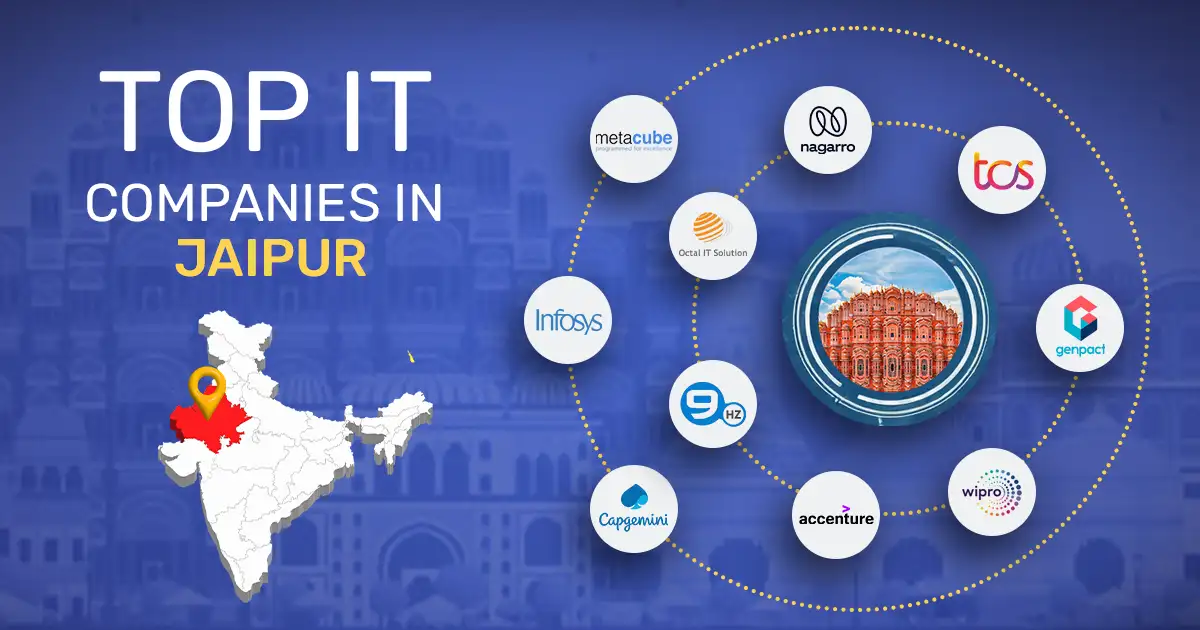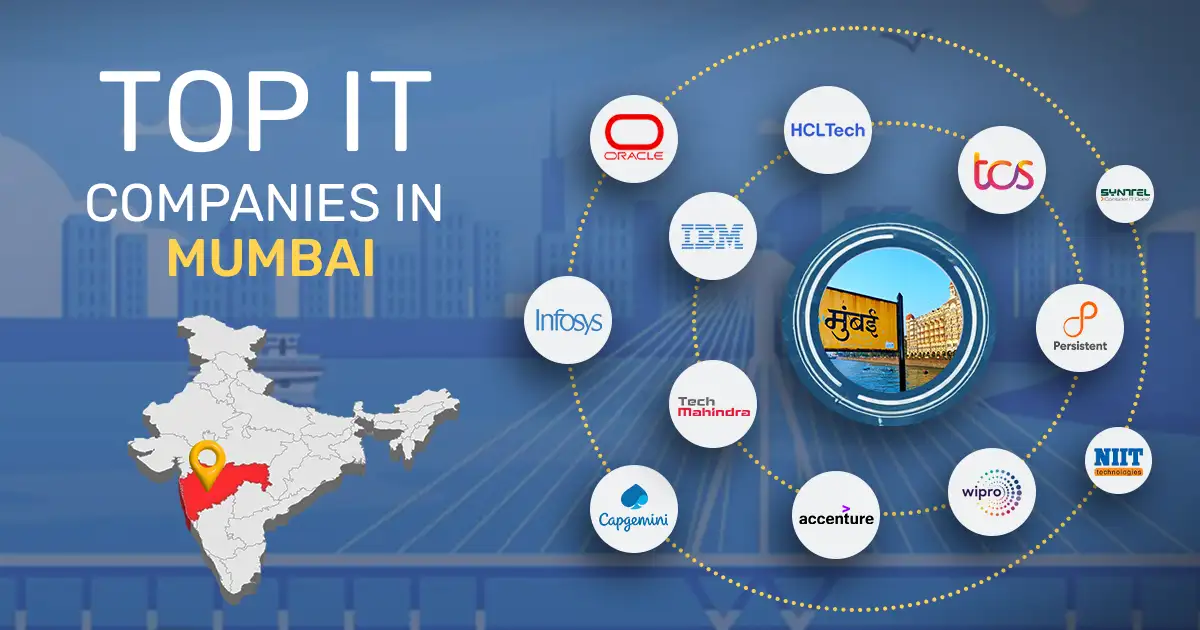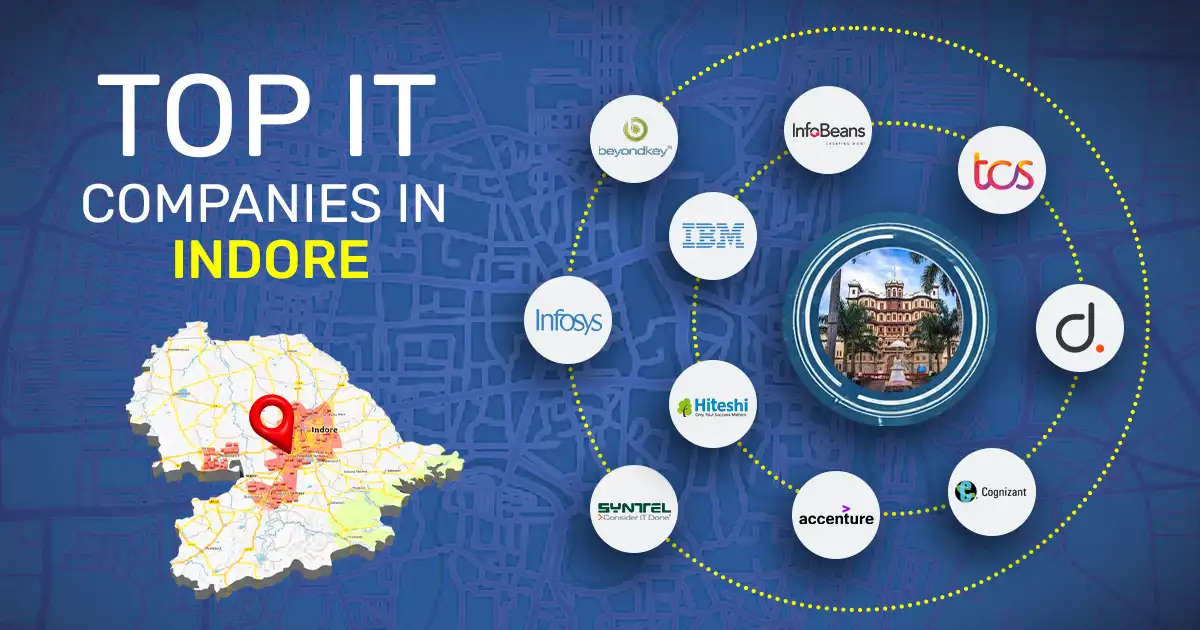Sweden company registration offers Indian entrepreneurs a gateway to the European market through a stable, innovation-driven economy. The process involves choosing the right structure (typically a Private Limited Company or AB), drafting legal documents in Swedish, depositing a minimum share capital of SEK 25,000, and registering with Bolagsverket and Skatteverket for tax purposes. With low corruption, strong legal systems, and full EU access, Sweden provides a business-friendly environment ideal for startups, tech firms, and global expansion.
Overview of Sweden Company Registration
Why Choose Sweden for Your Business Expansion
Sweden has emerged as an increasingly attractive destination for Indian tech and business innovators, offering a unique blend of opportunities, a robust ecosystem, and an enviable quality of life.
1. Sweden: A Global Leader in Innovation
Ranked among the world’s most innovative countries, it invests heavily in research and new technology. Global companies like Ericsson show their strength in the telecom and digital industries.
2. Committed to a Greener Future
The country plans to reach net-zero emissions by 2045. This focus on sustainability drives growth in clean energy, green tech, and eco-friendly businesses.
3. Gateway to Europe and the Nordics
As a member of the EU, it gives businesses access to a €16 trillion market. Its location also makes it easy to connect with countries like Denmark, Norway, and Finland.
4. Perfect for Testing New Ideas
With a tech-savvy population and modern infrastructure, the country is a great place to launch and test new products before expanding across Europe.
5. Safe, Transparent, and Easy for Business
Known for low corruption and strong legal systems, it offers a stable and digitally friendly environment. Setting up and running a business is simple and efficient.
6. Strong Bonds with India
The relationship goes back over 100 years. Today, more than 280 Swedish companies operate in India, while 75+ Indian firms have a presence in Sweden. Both countries work closely in defense, tech, and clean energy.
7. Supporter of the EU-India Free Trade Deal
Sweden actively backs a trade agreement between the EU and India, which could reduce tariffs and open up easier access to European markets.
8. Home to Indian Tech Giants
Companies like TCS, Infosys, and Wipro have strong offices here. Their success proves the demand for Indian IT services and digital expertise.
9. Skilled, English-Speaking Workforce
About 89% of people speak English, and education levels are high. This makes it easier for Indian professionals and businesses to work and grow here.
10. High Quality of Life
People enjoy work-life balance, generous leave, and a healthy lifestyle. It’s a place where creative and skilled talent can truly thrive.
Eligibility for Company Registration in Sweden
Indian entrepreneurs and business owners looking to start a company in Sweden must meet several key eligibility requirements.
The main government office that handles company setup is called the Swedish Companies Registration Office (Bolagsverket). It’s important to follow their rules to register your business successfully.
General Requirements for All Business Structures
Regardless of the chosen business type, certain general requirements apply:
- Business Name Registration: While not always mandatory for all structures (e.g., sole traders), it's highly recommended to register your business name with Bolagsverket to protect it. The name must be unique, not misleading, and distinguish your business activity.
- Articles of Association/Partnership Agreement: A formal document outlining the structure, purpose, and rules of the business is required.
- Beneficial Owner Registration: Most Swedish legal entities, including companies, must register information about their beneficial owner(s) with Bolagsverket. This refers to the individual(s) who ultimately own or control the company.
- Tax Registration: All businesses must register with the Swedish Tax Agency (Skatteverket) for corporate tax, VAT (if applicable), and employer contributions. You'll likely need to apply for F-tax approval.
- Swedish Address: All companies and branches must have a physical address in Sweden.
- Banking: Opening a Swedish business bank account is typically required for capital payments and business operations.
- Accounting Records: All businesses are obliged to maintain accounting records by the Swedish Accounting Act.
Specific Requirements for a Swedish Private Limited Company (Aktiebolag or AB)
The Aktiebolag (AB) is the most common and recommended business structure for foreign investors due to its limited liability.
- Shareholder and Director Residency (EEA/Non-EEA)
- Directors: At least one director must be a resident of the European Economic Area (EEA). If no EEA residents are available, an exemption from the residency requirement can be applied for from the Swedish Companies Registration Office. In such cases, the company may need to appoint a Swedish resident as a contact person or nominee.
- Managing Director: If a managing director is appointed, they must also reside within the EEA.
- Shareholders: There are generally no residency requirements for shareholders; foreign ownership is permitted.
- Minimum Share Capital Requirements
- A private limited company (privat aktiebolag) requires a minimum share capital of SEK 25,000.
- This capital can be paid in cash or through non-cash property (e.g., a car or real estate) that is useful to the business. If non-cash property is used, it must be valued by an authorized public accountant or auditor.
- For a public limited company (publikt aktiebolag), the minimum share capital is significantly higher at SEK 500,000. Public limited companies can offer their shares to the public.
- Board of Directors: A private limited company must have at least one board member. If there are fewer than three board members, at least one deputy board member must be appointed.
- Auditor: Most newly established private limited companies are not legally required to have an auditor. However, an auditor becomes mandatory if the company exceeds certain thresholds in terms of employees, balance sheet total, or net sales.
- Memorandum of Association and Articles of Association: These foundational documents outline the company's purpose, share capital, number of shares, and rules for the board and general meetings.
- Share Register: The company's board of directors must establish and maintain a public register of all shares and shareholders.
Eligibility for Branch Office Registration
A foreign company can establish a branch office (filial) in Sweden instead of a separate legal entity.
- No Minimum Share Capital: Unlike an AB, a branch office does not require a minimum share capital.
- Managing Director: A branch office must appoint a managing director to run its operations in Sweden. This managing director is typically required to reside within the EEA. If not, an exemption from the residency requirement can be sought.
- Parent Company Liability: The foreign parent company maintains full liability for the debts and obligations of its Swedish branch.
- Registration with Bolagsverket: The branch must be registered with the Swedish Companies Registration Office and will receive a Swedish company registration number.
- Documentation: The parent company will need to provide various documents, including its registration certificate, articles of association, recent financial statements, and proof of non-bankruptcy.
- Taxation: A branch is subject to Swedish taxation on its profits generated in Sweden.
Valid Residence Permit for Non-EU/EEA Citizens
For Indian tech and business innovators who are not citizens of an EU/EEA country, obtaining a valid residence permit is a fundamental eligibility requirement to start and operate a business in Sweden.
You must apply for and be granted a residence permit for self-employment before entering Sweden.
Key Requirements for Self-Employment Permit:
- Valid Passport: Your passport must be valid for the entire period of your intended stay.
- Business Experience: You must demonstrate good experience in your industry and in running your own business.
- Language Proficiency: Relevant knowledge of Swedish or English is often required. Strong Swedish may be necessary if your business heavily involves local suppliers or customers.
- Ownership and Control: You must be the one running the business and own at least 51% of it. You must have crucial responsibility for the business.
- Credible Business Plan and Budget: The Swedish Migration Agency will assess the financial viability and credibility of your business plans.
- Financial Self-Sufficiency: You must prove you can financially support yourself and any accompanying family members. This typically requires a substantial amount in a bank account (e.g., SEK 200,000 for yourself, SEK 100,000 for a spouse, and SEK 50,000 per child, for two years). This money does not have to be in a Swedish bank, but must be transferable to Sweden.
- Funds for Business Operations: You must have sufficient personal funds to cover expected business costs and investments. Loans are generally not accepted for this purpose.
- Established Contacts/Network: Evidence of customer contacts or networks can strengthen your application.
- Health Insurance: Valid health insurance covering care in Sweden for the entire permit duration is mandatory.
- Location of Application: You must be outside Sweden when applying for this permit.
Document Checklist for Company Incorporation in Sweden by Indian Applicants
Registering a company in Sweden as an Indian applicant involves preparing a specific set of documents.
For Indian Directors and Shareholders
For all Indian individuals who will serve as directors or hold shares in the Swedish company, the following personal identification documents are typically required:
- Valid Passport: A clear, certified copy of the passport of each Indian director and shareholder. The passport should be valid for the foreseeable future.
- Proof of Address: A recent utility bill (electricity, water, gas) or a bank statement (from the last three months) showing the individual's residential address in India. This should also be a certified copy.
- Indian Tax Identification (PAN Card): Your Indian PAN card is an essential identification document that may be required by Swedish banks for KYC (Know Your Customer) procedures or by Swedish authorities for specific tax-related inquiries.
- No Tax Debt Certificate: A crucial document required by Skatteverket for F-tax approval. This certificate must be issued by the relevant tax authority in India (e.g., the Income Tax Department) confirming that the individual (if a sole trader or natural person applying for F-tax) or the foreign legal entity (if the Indian company is establishing a branch) has no outstanding tax debts or fees in India for the past two years. This certificate should be no older than three months at the time of application.
The Memorandum and Articles of Association in Swedish
These are the core legal documents that define your company's existence and operations.
Memorandum of Association (Stiftelseurkund): This document formally declares the intention to form the company and includes vital information such as:
- Names of the founders (individuals or companies).
- The proposed company name.
- The registered office address in Sweden.
- The amount of share capital.
- The number of shares and their nominal value.
- Details of the initial board members and, if applicable, auditors.
- Crucially, this document MUST be drafted in Swedish.
Articles of Association (Bolagsordning): These are the company's internal bylaws and must also be in Swedish. They typically include:
- The company name.
- The specific business activities (purpose of the company).
- The range of minimum and maximum share capital.
- The range of minimum and maximum number of shares.
- Rules for board meetings, general meetings, and decision-making.
- The financial year.
- Like the Memorandum, these MUST be drafted in Swedish.
A Bank Certificate Confirming Deposit of Share Capital
For a Swedish Private Limited Company (AB), proof of paid-in share capital is mandatory for registration.
- Swedish Bank Account: You will need to open a corporate bank account with a Swedish bank. This can be challenging for foreign entities without a pre-existing presence or a Swedish personal identity number (personnummer) for the signing authorities. Some banks may require a coordination number (samordningsnummer) or that at least one board member be physically present.
- Deposit Confirmation: Once the minimum share capital of SEK 25,000 (for a private AB) is deposited into this account, the bank will issue a bank certificate. This certificate formally confirms that the share capital has been paid in and is available to the company.
- Format: The certificate must be issued in a specific format required by Bolagsverket, not just an ordinary deposit receipt. If the capital is contributed as non-cash property, a statement from an authorized public accountant or auditor valuing the property is needed instead.
Certified and Translated Supporting Documents
Many documents originating from India will need to be prepared for use in Sweden.
Certification: Documents not originally issued by a Swedish authority (such as passports, proof of address, or company registration certificates from India if setting up a branch) must often be certified as true copies. This means a notary public in India attests that the copy is a genuine reproduction of the original document.
Translation: Any document not originally in Swedish or English must be translated into Swedish by a certified translator. While English documents may sometimes be accepted, official registration documents often require Swedish translations. For key documents like the Memorandum and Articles of Association, direct drafting in Swedish is usually preferred and simpler.
The Step-by-Step Process for Registering a Swedish Company from India
Registering a Swedish company, particularly an Aktiebolag (AB), from India involves a structured process that requires careful attention to detail and compliance with Swedish regulations.
Step 1: Draft and Sign the Memorandum and Articles of Association
These are the foundational legal documents for your Swedish Private Limited Company (AB).
- Memorandum of Association (Stiftelseurkund): This document formally states the decision to establish the company. It must include:
- Details of the company's founders (individuals or legal entities).
- The company name and registered office are in Sweden.
- The business activities of the company (its purpose).
- The amount of share capital.
- The number of shares issued.
- Information about the board members and, if applicable, auditors.
- Articles of Association (Bolagsordning): These act as the company's rulebook, governing its internal operations. They must be drafted in Swedish and specify:
- The company name and registered office.
- The type of business activities.
- The share capital (minimum and maximum range).
- The number of shares (minimum and maximum range).
- Rules for general meetings, board meetings, and decision-making processes.
- The financial year of the company.
Step 2: Open a Swedish Bank Account and Deposit Share Capital
This is a critical step, especially for an AB, as the minimum share capital must be deposited before registration.
- Temporary Account: You will need to contact a Swedish bank to open a temporary corporate bank account. This can be challenging for foreign companies without a local presence or established relationships. Some banks may require a Swedish personal identity number (personnummer) or coordination number for the proposed board members.
- Deposit Share Capital: Once the account is set up, you must deposit the minimum share capital of SEK 25,000 (for a private AB).
- Bank Certificate: The bank will issue a certificate confirming that the share capital has been paid in and is available. This certificate is crucial for your registration application to Bolagsverket. If you're paying with non-cash property, a statement from an authorized public accountant or auditor valuing the property will be needed instead.
Step 3: Submit Your Registration Application to Bolagsverket
Bolagsverket (the Swedish Companies Registration Office) is where you officially register your company.
- Application Form: For an AB, you typically use a specific application form (e.g., Form 816e, if available through a representative, or use the e-service via verksamt.se if you have a Swedish e-ID).
- Required Documents: The application must be accompanied by:
- The signed Memorandum of Association.
- The Articles of Association.
- The bank certificate confirming deposit of share capital (or the auditor's statement for non-cash property).
- Information about the board members (including residency details).
- Proof of identity for board members and beneficial owners.
- A document showing that you have no debts for taxes and fees abroad, issued by the responsible authority in the country where you have resided for the past two years (e.g., from the income tax department in India), no older than three months.
- Beneficial Ownership Register: Simultaneously with the company registration, you must register the company's beneficial owner(s) with Bolagsverket. This identifies the individual(s) who ultimately own or control the company.
- Submission: While an e-service is available for those with Swedish e-IDs, for Indian applicants without local IDs, submission often involves using paper forms and potentially relying on a local representative to handle the process.
Step 4: Receive Your Corporate Identity Number (Organisationsnummer)
Once Bolagsverket processes and approves your application, your company will be officially registered.
- Unique Identifier: The company will be assigned a unique 10-digit Corporate Identity Number (Organisationsnummer). This is Sweden's equivalent of a company registration number and is crucial for all official interactions, including banking, contracts, and tax matters.
- Certificate of Registration: Bolagsverket will issue a Certificate of Registration (Registreringsbevis) confirming your company's official existence and its Organisationsnummer.
Step 5: Register for Taxes with the Swedish Tax Agency (Skatteverket)
After receiving your Organisationsnummer, the next essential step is to register your company with Skatteverket (the Swedish Tax Agency) for various tax purposes.
- Application: You typically use a business registration form (SKV 4620, or the e-service on verksamt.se if applicable) to register for F-tax, VAT, and employer registration.
- Preliminary Income Tax Return: As part of this process, you will also need to submit a preliminary income tax return, detailing the expected profit of your company. Skatteverket uses this to calculate your preliminary corporate tax payments.
- Coordination Number (Samordningsnummer): If board members or beneficial owners do not have a Swedish personal identity number, they may need to apply for a coordination number through Skatteverket for identification purposes. This often requires an in-person visit to a service office for identity verification.
Step 6: Complete Critical Tax Registrations (F-tax, VAT, Employer)
These are critical tax registrations your Swedish company will need to manage:
- F-tax (F-skatt) Approval:
- Purpose: F-tax approval indicates that your company is responsible for deducting and paying its own taxes and social contributions.
- Importance: If your company is F-tax approved, your Swedish customers will not withhold tax from payments for services rendered. If you do not have F-tax approval, Swedish customers may be required to withhold 30% of payments for services, which can be cumbersome to reclaim.
- Application: Apply for F-tax approval through Skatteverket.
- VAT (Moms) Registration:
- Purpose: Value Added Tax (VAT) is levied on most goods and services in Sweden. If your business sells VAT-liable goods or services and is expected to exceed an annual turnover of SEK 120,000, you must register for VAT.
- Process: You charge VAT to your customers (output VAT) and can deduct VAT paid on business purchases (input VAT). The difference is reported and paid to Skatteverket.
- Rates: The standard VAT rate in Sweden is 25%, with reduced rates of 12% and 6% for specific goods and services.
- Reporting: VAT is typically reported monthly, quarterly, or annually, depending on the company's turnover.
- Employer Registration (Arbetsgivare):
- Purpose: If your Swedish company plans to hire employees (including yourself if you are an employee of your own AB), you must register as an employer with Skatteverket.
- Obligations: As an employer, you are responsible for deducting preliminary income tax (A-skatt) and paying social security contributions (arbetsgivaravgifter) from employee salaries to Skatteverket.
- Reporting: Employer declarations are typically made monthly.
Costs for Sweden Company Registration
The costs associated with registering a company in Sweden for Indian applicants can be broadly categorized into several areas.
| Cost Category | Description | Estimated Range (SEK) | Notes |
| I. Bolagsverket Registration Fees & Government Charges | |||
| Company Registration (Aktiebolag - AB) | The fee to register a new private limited company with the Swedish Companies Registration Office (Bolagsverket). | 2,400 (e-service) - 2,700 (paper) | E-service is cheaper, but often requires a Swedish e-ID. |
| Branch Office Registration (Filial) | The fee to register a branch of a foreign company. | 3,000 | Same fee for e-service or paper application. |
| Beneficial Owner Registration | The fee for registering the beneficial owner(s) with Bolagsverket. | 250 | Mandatory for most legal entities. |
| Exemption from Residency Req. (if applicable) | If no EEA resident director is available for the AB. | Approx. 2,500 (incl. state fees) | This is an additional fee if you need to apply for an exemption. |
| II. Fees for Opening a Swedish Bank Account and Capital Deposit | |||
| Share Capital Deposit | Mandatory minimum capital for a private AB. This is an investment, not a fee, but it needs to be paid. | 25,000 | This capital can be used by the company after registration. |
| Bank Account Opening Fees | Some banks may charge an initial setup fee for corporate accounts. | 0 - 2,500 (one-time) | Some banks offer free openings for startups for an initial period. |
| Monthly Bank Account Fees | Ongoing fees for maintaining the business bank account. | 100 - 200 / month | After any initial free periods, typical monthly fees apply. |
| III. Professional Fees for Legal and Formation Services | |||
| Legal Drafting (MoA, AoA) | For drafting the Memorandum and Articles of Association in Swedish, ensure compliance. | 5,000 - 15,000 | Varies greatly based on complexity and the law firm. |
| Corporate Secretarial Services | Assistance with company formation, document submission, and initial compliance. | 10,000 - 30,000 | Often part of a "startup package" from service providers. |
| Registered Address Service | If you need a virtual office or a legal address in Sweden. | 8,000 - 15,000 / year | Essential if you don't have a physical presence immediately. |
| Local Contact Person/Representative | If you need a Swedish resident to fulfill residency requirements or act as a representative. | 8,000 - 15,000 / year | This is an ongoing annual cost. |
| Notary & Apostille Fees | For certifying and apostilling documents from India for use in Sweden. | 500 - 1,000 per document (India) | Plus, courier costs to send documents to Sweden. |
| Translation Services | If any documents need to be translated into Swedish by a certified translator. | Varies by document volume | Typically per word or page. |
| Tax Registration Assistance | Help with F-tax, VAT, and employer registration with Skatteverket. | 1,500 - 5,000 | Often included in broader setup packages. |
| IV. Annual Accounting and Compliance Costs | |||
| Accounting and Bookkeeping | Monthly or quarterly services for ongoing financial record-keeping. | 750 - 5,000+ / month | Highly dependent on transaction volume and business complexity. Small, inactive companies will be at the lower end. |
| Annual Financial Statement Filing | Preparation and submission of the annual report to Bolagsverket. | 10,000 - 25,000 / year | Varies based on company size and complexity. It may be part of the accounting package. |
| Corporate Tax Declaration | Preparation and submission of the annual corporate tax return. | 5,000 - 15,000 / year | Often combined with annual financial statement services. |
| VAT and Employer Reporting | Ongoing costs for filing VAT returns and employer declarations (if applicable). | Included in monthly accounting fees | These are recurring tasks handled by accountants. |
| Auditor Fees (if applicable) | Mandatory for companies exceeding certain thresholds (turnover, assets, employees). | 15,000+ / year | Not required for all small new ABs, but becomes necessary as the company grows. |
Open a Corporate Bank Account in Sweden
Opening a corporate bank account in Sweden is a crucial step for any business, particularly for a private limited company (AB), as the share capital needs to be deposited.
For corporate banking, the "big four" are typically the go-to options:
- SEB (Skandinaviska Enskilda Banken): Known for its strong corporate banking services and digital tools, SEB is a popular choice for businesses, including those with international operations. However, their onboarding process can be rigorous, especially for companies with foreign owners.
- Handelsbanken: This bank operates on a decentralized model, with local branches having more autonomy, which can lead to more personalized service. Handelsbanken is well-regarded for its tailored solutions and long-term client relationships, including extensive cross-border solutions.
- Swedbank: One of the oldest banks, Swedbank offers comprehensive packages suitable for small and medium-sized businesses. While robust for domestic operations, its international services might be less extensive than SEB or Nordea.
- Nordea: Headquartered in Finland but with a significant presence in Sweden, Nordea is the largest foreign bank operating in the country. It's a strong choice for businesses with cross-border activities due to its extensive international network, though its KYC requirements are rigorous, and delays can occur if documentation isn't perfect.
The Challenge and Process of Opening a Bank Account as a Non-Resident
Opening a Swedish corporate bank account as a non-resident Indian can be challenging.
- Physical Presence/Swedish ID: Many traditional banks prefer or require at least one authorized signatory (e.g., a board member or managing director) to have a Swedish personal identity number (personnummer) or a coordination number (samordningsnummer) and to be physically present in Sweden for identity verification. Obtaining these numbers as a non-resident can be a process in itself.
- KYC/AML Scrutiny: Banks conduct extensive Know Your Customer (KYC) and Anti-Money Laundering (AML) checks. This means they will heavily scrutinize the source of funds, the nature of the business, and the identity of the beneficial owners.
- Proof of Swedish "Substance": Banks often want to see evidence of genuine business activity or "substance" in Sweden, such as local clients, suppliers, employees, or an operational office. Simply having a registered address might not be enough for some banks to open an account quickly.
- Language Barrier: While many bank representatives speak English, official documents and complex financial discussions might be easier with assistance from a Swedish speaker or a local professional.
- Documentation Complexity: Gathering and presenting all required documents in the correct format (certified, apostilled, translated) can be a time-consuming process.
Documents Required by Swedish Banks from Indian Entrepreneurs
The specific documents can vary slightly between banks, but generally, Indian entrepreneurs will need to provide the following for their Swedish corporate bank account application:
Company Documents (from Sweden):
- Certificate of Registration (Registreringsbevis): Issued by Bolagsverket, showing the company's Organisationsnummer and registered details.
- Memorandum of Association (Stiftelseurkund) and Articles of Association (Bolagsordning): The company's foundational legal documents, as registered with Bolagsverket.
- Minutes of the Board Meeting: Documenting the resolution to open a bank account and authorize specific individuals (directors/signatories) to operate it.
- Share Register: Showing the company's shareholders and their respective holdings.
- F-tax Approval Certificate (F-skattesedel): From Skatteverket, indicating the company is responsible for its own preliminary tax payments.
- VAT Registration Certificate: If the company is registered for VAT.
Personal Documents (for Indian Directors, Shareholders, and Authorized Signatories):
- Valid Passport: Certified copy of the passport for all individuals involved (directors, beneficial owners, signatories).
- Proof of Residential Address in India: Recent utility bill or bank statement (e.g., last 3 months).
- Proof of Swedish Address (if applicable): If any signatory has a Swedish residential address.
- Personal Identity Number (Personnummer) or Coordination Number (Samordningsnummer): If applicable. While not strictly mandatory for all bank accounts, having one significantly eases the process.
- Curriculum Vitae (CV)/Professional Profile: For key individuals, especially if they are non-residents.
- Proof of Funds/Source of Wealth: Banks may request documentation to verify the source of funds being deposited into the company account, especially for the initial share capital. This could include personal bank statements, tax returns from India, or other financial records.
- No Tax Debt Certificate (from India): For individuals and the Indian parent company (if setting up a branch), a certificate from the Indian tax authority confirming no outstanding tax debts. This is especially important for F-tax approval.
Business Activity Documents:
- Business Plan: A comprehensive business plan outlining the company's activities, market analysis, financial projections, and how it will generate revenue in Sweden. This helps the bank understand the legitimacy and purpose of the business.
- Contracts/Agreements: Any existing or planned contracts with Swedish customers, suppliers, or partners to demonstrate genuine business operations.
- Company Website/Brochure: To provide an overview of the business.
Tax and Compliance in Sweden
Operating a business in Sweden involves navigating a tax and compliance framework. The Swedish Tax Agency (Skatteverket) is the primary authority for tax matters.
Swedish Corporate Tax System
Sweden has a competitive corporate tax system that applies to limited companies (Aktiebolag or AB) and branches of foreign companies with a permanent establishment in Sweden.
- Corporate Income Tax Rate: The standard corporate income tax rate in Sweden is 20.6% (as of current information). This rate is flat and applies to the company's taxable profits.
- Taxable Income: A Swedish resident company (registered with Bolagsverket) is generally taxed on its worldwide income. A branch of a foreign company is taxed on income derived from its permanent establishment in Sweden.
- Tax Year: The tax year for companies is generally the same as their financial year (räkenskapsår). While many companies follow the calendar year (January 1 to December 31), an AB can choose a "broken financial year" (e.g., October 1 to September 30), provided it comprises 12 full months. The first financial year can be shorter or extended up to 18 months.
- Preliminary Tax Payments (Preliminärskatt): Companies are required to pay preliminary corporate tax throughout the year based on an estimated profit. This is typically done through monthly installments to Skatteverket. The preliminary tax amount is determined by a preliminary income tax return (preliminär inkomstdeklaration) filed by the company.
- Tax Returns: All Swedish companies and registered branches must file an annual corporate tax return (inkomstdeklaration) with Skatteverket. The due date for filing depends on the company's financial year-end.
- Loss Carryforward: Losses generated by a company can generally be carried forward indefinitely and offset against future taxable profits.
- Dividends and Capital Gains: Sweden has a favorable holding company regime, with general tax exemptions on capital gains and dividends from "business-related shares." This means that dividends received by a Swedish AB from its subsidiaries (both domestic and foreign) and capital gains from the sale of such shares may be tax-exempt under certain conditions, provided the shares are considered "business-related" (e.g., non-listed shares or listed shares representing at least 10% of voting rights held for at least one year).
- Withholding Tax: Sweden generally does not impose withholding tax on interest payments to non-resident companies. For dividends paid to non-resident companies, a 30% withholding tax applies, but this can be reduced or exempted under tax treaties (such as the double taxation avoidance agreement between India and Sweden) or if the shares are held for business reasons.
Swedish VAT System (Moms)
Value Added Tax (Moms, short for Mervärdesskatt) is a consumption tax applied to most goods and services in Sweden.
VAT Registration:
- As of January 1, 2025, the mandatory VAT registration threshold increases to SEK 120,000. Previously, it was SEK 80,000. Foreign companies often need to register from their first taxable sale, regardless of turnover.
- Registration is done with Skatteverket, often as part of the initial business registration process.
VAT Rates: Sweden applies several VAT rates:
- 25%: The standard rate, applicable to most goods and services.
- 12%: A reduced rate for certain goods and services, including food, restaurant and catering services (excluding alcoholic beverages), hotel accommodation, and cultural/sporting events.
- 6%: A super-reduced rate for items like books, newspapers, passenger transport, and cultural activities.
- 0% (Exemptions): Certain services are exempt from VAT, such as financial services, healthcare, and education.
Output VAT and Input VAT:
- Businesses charge VAT on their sales (output VAT).
- They can reclaim VAT paid on their eligible business purchases and expenses (input VAT).
- The difference between output VAT collected and input VAT reclaimed is the amount owed to Skatteverket or to be refunded.
VAT Returns: Businesses must submit VAT returns to Skatteverket.The reporting period depends on the company's annual turnover:
- Up to SEK 1 million turnover: Monthly, quarterly, or annually.
- Up to SEK 40 million turnover: Quarterly or monthly.
- More than SEK 40 million turnover: Monthly.
EORI Number: If your company plans to trade goods with countries outside the EU, you will need an EORI (Economic Operator Registration and Identification) number, applied for through Swedish Customs (Tullverket).
Employer Contributions and Social Security Fees
If your Swedish company hires employees, it must register as an employer with Skatteverket and pay employer contributions (arbetsgivaravgifter) in addition to withholding preliminary income tax from salaries.
- Employer Contributions: These are social security contributions paid by the employer on top of the employee's gross salary and taxable benefits. These contributions fund various social security benefits such as pensions, health insurance, parental insurance, and unemployment insurance.
- Standard Rate: The full employer contribution rate is 31.42% of the gross salary and benefits for employees born in 1959 or later (as of 2025).
- Reduced Rates: Reduced rates apply for employees born in certain years (e.g., 10.21% for those born between 1938 and 1958, and 0% for those born in 1937 or before).
- "Growth Support" (Växa-stöd): From January 1, 2025, small companies (e.g., sole proprietorships or limited companies with specific criteria) can benefit from reduced employer contributions (only 10.21% for pension contributions) for up to two employees on remuneration up to SEK 35,000 per month, for a maximum of 24 consecutive months.
- Preliminary Income Tax Withholding (A-skatt): As an employer, you are required to deduct preliminary income tax from employee salaries and benefits. This is paid to Skatteverket along with the employer contributions.
- Employer Declarations (Arbetsgivardeklaration): Employer contributions and withheld tax must be reported to Skatteverket in an employer declaration, typically every month, by the 12th of the following month (with some exceptions for January and August).
- Special Payroll Tax (Särskild löneskatt på pensionskostnader – SLP): A special tax of 24.26% is levied on certain pension costs borne by employers.
- Tax Treaty Considerations: For employees posted from India, the Social Security Agreement between India and Sweden may offer exemptions or reduced rates for social security contributions under specific conditions, often requiring a Certificate of Coverage (CoC) from the home country.
Annual Financial Reporting and Audit Requirements
Swedish companies must adhere to strict annual financial reporting requirements and, depending on their size, may also be subject to mandatory audit.
Annual Report (Årsredovisning):
- All limited companies (ABs) must prepare an annual report (årsredovisning) for each financial year. This is mandatory even if the company has no activities.
- The annual report must be prepared in Swedish and in Swedish Kronor (SEK).
It typically includes:
- Directors' Report (Förvaltningsberättelse): Provides an overview of the company's development and position.
- Profit and Loss Statement (Resultaträkning): Shows income and expenses over the financial year.
- Balance Sheet (Balansräkning): Presents the company's assets, liabilities, and equity at the end of the financial year.
- Notes (Noter): Supplementary information to the financial statements.
- Cash Flow Statement (Kassaflödesanalys): Mandatory for larger companies, optional for small ones.
Accounting Standards: Annual reports must be prepared following the Swedish Accounting Standards Board's K regulations (K2 for smaller companies, K3 for larger or more complex ones).
Submission Deadline: The annual report must be submitted to Bolagsverket no later than seven months after the end of the financial year. Penalties are imposed for late filing, and persistent delays can lead to compulsory liquidation.
Audit Requirements for Companies in Sweden
Not all companies in Sweden need to have their accounts audited. Since 2010, small companies have not been required to hire an auditor, which helps save time and money. However, some companies still need an audit based on their size.
When Audit is Not Required
A company in Sweden does not need a qualified auditor if it meets at least two of the following conditions for the past two years:
- Has 3 or fewer employees (on average)
- Has a balance sheet total of SEK 1.5 million or less
- Has a net turnover of SEK 3 million or less
If your company meets two of these points, it is considered small and no audit is required.
When is an Audit Required?
If the company goes over two of these limits for two years in a row, it becomes a larger company. In this case, it must appoint a qualified auditor.
Voluntary Audits
Even if not required, some companies choose to do an audit. This helps:
- Build trust with investors or banks
- Show financial transparency
- Improve company image
Submitting the Audit Report
If an audit is done (either required or voluntary), an audit report (called revisionsberättelse in Swedish) must be sent to the Swedish Companies Registration Office (Bolagsverket) along with the annual report.
Visas and Permits for Indian Entrepreneurs
Indian entrepreneurs looking to relocate to Sweden to start and run their businesses will primarily need to apply for a Self-Employed Residence Permit.
Self-Employed Residence Permit for Indian Entrepreneurs
The Self-Employed Residence Permit in Sweden is for individuals who intend to establish and run their own business in the country for more than three months.
- Valid Passport: Your passport must be valid for the entire period you are applying for the permit.
- Experience: You must demonstrate considerable experience in your industry and previous experience in running your own business.
- Language Proficiency: Relevant knowledge of Swedish or English is required. Good knowledge of Swedish is particularly beneficial if your business involves extensive contact with local suppliers or customers.
- Business Ownership and Responsibility: You must be the one running the business, have crucial responsibility for it, and own at least 51% of the company.
- Credible Business Plan and Financial Viability: The Swedish Migration Agency will conduct a financial assessment of your business plans. You need a realistic and credible budget, showing that your business has the potential to be successful and can sustain itself.
- Financial Resources: You must demonstrate sufficient funds to support yourself and any accompanying family members for at least two years.
- For the main applicant: SEK 200,000 (approximately €17,700)
- For an accompanying spouse/partner: SEK 100,000 (approximately €8,800)
- For each accompanying child: SEK 50,000 (approximately €4,400)
- You also need enough funds to run the business itself, covering expected costs and investments, and the purchase price if you are acquiring an existing business. These must be your funds; loans are generally not accepted.
- Established Contacts/Network: It's beneficial to show that you have established customer contacts or a network in Sweden.
- Health Insurance: You must have health insurance valid for care in Sweden for the entire duration of your stay, covering urgent and other medical care, hospitalization, emergency dental care, and medical repatriation.
- Location of Application: You must be outside Sweden when you apply and receive a decision on your application.
Connect with RegisterKaro and let our experts handle the legal hassle while you grow your business.
Frequently Asked Questions (FAQs)
Do I need to be in Sweden to register a company?
−No, physical presence is not usually required. The company registration process can be handled remotely with the help of a service provider like RegisterKaro.
Can an Indian citizen be the sole director of a Swedish company?
+How long does the entire company registration process take in Sweden?
+What is the minimum investment required to start an Aktiebolag (AB)?
+Is it difficult for a foreign-owned company to open a bank account in Sweden?
+Why Choose RegisterKaro for the Swedish Company Setup Service?
Choosing RegisterKaro for your Swedish company setup offers distinct advantages, particularly for Indian businesses looking to expand internationally. Here's why:
- End-to-End Expertise: Our team specializes in Swedish corporate laws, taxation, and business regulations. From selecting the right company structure to post-incorporation compliance, we ensure every step is handled with precision.
- Easy Process: We simplify the entire company setup—no need to deal with complex paperwork or language barriers. Our experts manage everything, from drafting legal documents in Swedish to coordinating with Bolagsverket and Skatteverket.
- Strategic Business Support: Beyond registration, we offer business planning, local representation, and bank account assistance to ensure your venture is market-ready and aligned with Swedish norms.
- Transparent & Compliant: We maintain full transparency in costs, timelines, and documentation. Every registration is handled in strict adherence to Swedish law, helping you stay 100% compliant from day one.
- Trusted by Global Clients: With 500+ successful cross-border registrations and growing, RegisterKaro is a trusted name for global entrepreneurs looking to establish their presence in Sweden.

Latest Blog
View All
